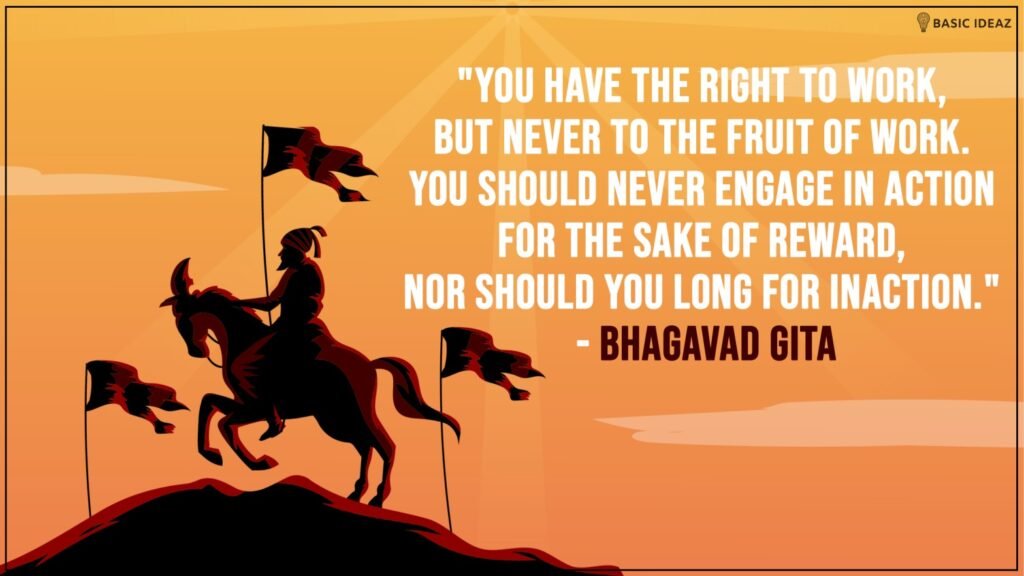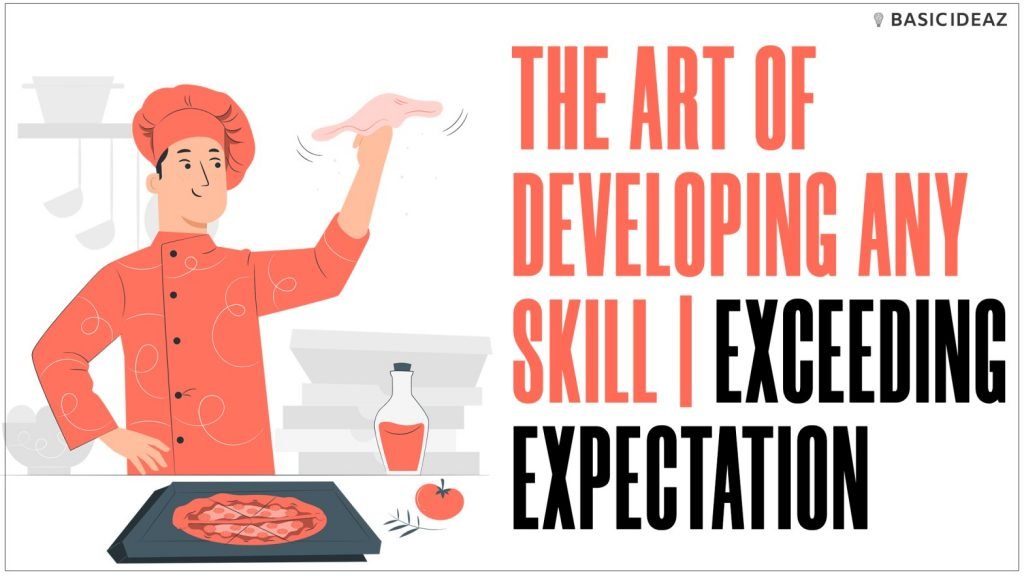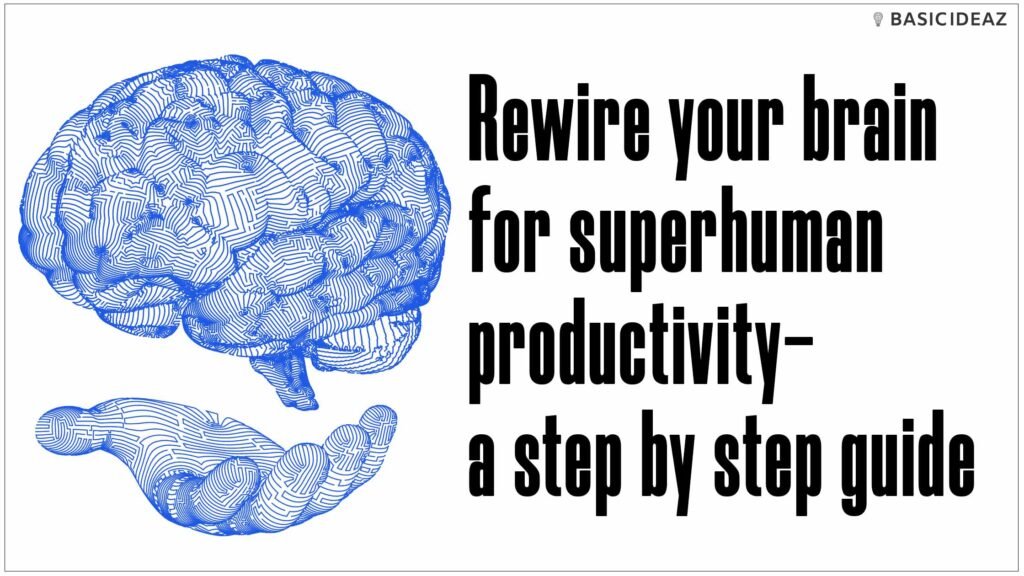The Grass is Greener Where You Water It: A Mindset Shift for Success in Career, Relationship and Health

What does it mean?
Take care of things you already have in life, and focus on and nurture it.
It will bloom someday and give you a much better result than complaining and crying over things you don’t have.
The grass is greener where you water it is a symbolic sentence, which means instead of focusing on things you wish to have, comparing yourself with others is a waste of time.
Here are the main possible explanations of the quote.
- The quality of our life depends on how much effort and attention we put into the things we have.
- If we focus on what we have and work on it, we will experience more satisfaction and happiness in life.
- Again, if we compare our lives to others and constantly cry over things we don’t have, we may miss joy and opportunity in our life.
- It also emphasizes the effect of gratitude, appreciation and focusing on what we can control.
- The quote also implies hard work and focus on the things we can control because results, outcomes, and fate are not up to us and worrying about them wastes time.
Get Quality Self Improvement Articles Every Week, No Spam, No Ads.
Thank you!
You are added to the community of Basicideaz.
I have discussed worrying and focusing on the present in detail by the end of the article.
Let’s understand it a little more with an example.
- Roy always complains that God doesn’t love him because he never had enough money to buy his dream car.
- His manager didn’t give him the promotion he deserved.
- He is unlucky, and whenever he is about to embark on a new journey for success, something bad happens.
- His relationship doesn’t work because his girlfriend doesn’t love him.
- He is not having enough income in life because he is unlucky.
- His health is degrading daily because he doesn’t have time to go for a workout, and there is too much stress.
On the other hand:
- Joy works hard, fulfills his responsibilities, and hopes for the best despite setbacks and failures.
- Joy feels bad for failing, but that doesn’t stop him from pushing forward.
- Joy works on his relationship to make it better.
- Joy maintains his diet and goes for a workout without missing a single day.
Why does my life suck?
There are two possible ways to approach this problem.
1. Changing one’s attitude
There is always a reason for failing.
If you open a new restaurant and have to shut down after a few months, you may complain about the circumstances.
I failed because the location was not good, people didn’t know the real taste, competitors took all my customers, I didn’t have enough capital, etc.
This kind of mindset shows that you lack acceptance.
Here are a few possible reasons why your restaurants failed, and you are unable to accept the truth:
- The food doesn’t taste good.
- Interaction with customers is not friendly and welcoming.
- Don’t know how to keep your workers happy.
- The display of products is not catchy.
- Didn’t do enough marketing.
- Gloomy environment.
You can only find the true cause of failure once you stop living on assumption.
Don’t assume that you failed because of this and that.
Accept that something is wrong, and you need to find out.
Go out and talk to people, think logically without the intervention of emotions, and you will find it out.
Once you find it, work on it and try to improve it.
Negative Attitude towards life
Pay attention to what you say to yourself. It’s very important to live an intentional life.
Please don’t underestimate the power of the subconscious because it can break and create your life.
Here are a few examples of negative self-talk that are affecting your life:
- “I suck at everything.”
- “I am always unlucky, and God doesn’t love me.”
- “Of Course, this will happen to me. I knew it. It’s impossible that I will start something, and God will let me do it smoothly”.
- “I can’t believe how stupid I am. I can never do anything right. Why even bother trying? I’m a failure at everything.”
- “Nobody likes me.”
- “I will never be successful.”
- “I am a waste of space.”
- “I can’t do anything right.”
You need to pay attention when you think or say such things.
You say such things because your subconscious mind believes in them.
Again, the more you repeat, the stronger the beliefs become.
It’s not your fault, and it’s not your subconscious fault, either.
You have been conditioned that way since childhood.
But you can change that belief pattern because you are not a child anymore.
You have a conscious brain, and you can recognise your thought pattern.
That’s called awareness.

Your subconscious mind has been conditioned since childhood.
Suppose you grew up in a middle-class family where dreaming big is a crime.
Your environment and parents made you believe you can only be happy if you focus on dreaming small, like getting a job, getting married and having a peaceful life.
Making millions and having a dream life is not for you; it’s for someone else with the privilege or who is lucky.
Some statements parents tell their children that damage their self-esteem are:
- “Why can’t you be more like your brother/sister/friend?”
This comparison may make the child feel like they are never good enough and cannot live up to the expectation of their parents.
- “You will never do anything.”
This statement makes a child believe he is worthless and unable to do anything in life.
- “You are too sensitive; you need to toughen up.”
A child may feel that his emotions are not valued, and he needs to suppress his feelings to fit in.
- You are not good enough to do that.
This statement is very dangerous for a child. He may feel incapable of achieving things and cannot cope with the world.
Remember, these statements may not only come from your parents but also from your childhood teachers or someone you believed and trusted.
Moreover, it is not necessary to say those statements out loud; sometimes, they can make you feel that you are worthless without producing a single word.
Beliefs and Positive Self-talk
The above sayings on why my life sucks are all lies.
You know it too, but it isn’t easy to believe.
The quotes/sayings have been ingrained in your brain since childhood and are converted into deep beliefs.
It will take time to oppose these beliefs.
First, you need to notice the self-talk you are having every time you meet problems and failure.
Is it reasonable, is it true, or why are you talking to yourself like that?
- Don’t say you are unlucky; instead, say, is it really my luck, or is there something else I am missing? What is the cause, and what can I improve upon?
- Am I really worthless, or is it just a deep belief? Let’s find out. I will set small goals, and I will achieve them.
- By this, your self-esteem will grow, and you will realize that the power of negative self-belief is diminishing.
- Don’t say why my life sucks; instead, think logically about what you can do to make it great.
I am not suggesting you stand in front of a mirror and shout, “I am worthy of success and happiness”.
Why?
If you deeply believe that you are not worthy, then shouting positive affirmation only seems to burden your life because deep down, you know it’s not true.
Instead, challenge your deep beliefs by questioning and reasoning and try to set small goals and achieve them because this will change the pattern of your thoughts.
Once you start believing that you are capable and can do wonders in life, you can shout for positive affirmations, as it will strengthen your new beliefs even more.
Some questions to ask yourself to challenge you deep beliefs
Whenever you feel that you cannot do something or have negative thoughts like you are good at nothing, incapable of anything, etc., ask the following question to yourself.
- Is this belief based on facts or assumptions?
Analyze the facts because our subconscious mind is so powerful; sometimes, we think our assumptions are also facts.
- How would I view this situation if I were looking at it objectively or from a friend’s point of view?
Put aside your emotions and judgment and focus purely on cause and effect. Our emotions make us blind most of the time, and we cannot see the truth.
- What are the cost and benefits of holding onto such beliefs?
What’s the best thing to happen if you believe you are worthless? What’s the cost you have to pay for such a belief?
- What’s the worst thing to happen if you try to change your belief?
What’s the worst thing that can happen if you believe you are worthy?
You are capable of achieving things. You may feel pain and uncertainty once you embark on this journey, but this will be worth more than failing and regret over life.
- What small steps can I take to challenge this belief and build a more positive and realistic self-image?
You cannot have that dream physique only by going to the gym for a month or two. It may take years, only if you are consistent.
Therefore, plan small, reach short-term goals that will boost your self-image, and you will feel great about it.
This will again motivate you to pursue your bigger goals.
The second possible way to approach the problem of why our life sucks is-
Shifting Focus
The concentration of sun rays on a magnifying glass can cause a fire. Right?
Our focus works similarly.
The more concentrated our focus is on a single subject, the higher the probability of success.
Unfortunately, our mind is not trained that way.
Why?
- Since childhood, we have learnt that we should be result oriented.
- We only study or do something because we want to achieve something.
- Once we don’t see good results, we quit.
Here is a quote from the Bhagavad Gita –
“You have the right to work, but never to the fruit of work. You should never engage in action for the sake of reward, nor should you long for inaction”.
Work is your duty, but the result for which you worked is not in your hand.
The only thing that is in your hand is ‘Effort’.
You don’t have control over fate, luck, destiny or outcome.
It doesn’t matter what your expectations are; it doesn’t matter what you want or need in your life.
The probability of success is only higher when you work for it.
Balance between Goals and Process
There should be a balance between your goals and process because, without goals, it’s pointless to work every day.
Again, having a goal doesn’t mean you will cry and curse God if you fail.
A person should accept the truth and the outcome of the universe.
If a person fails to obtain the desired result, he should accept it and move forward.
Key points
- Have a goal, assisted by small goals. Goals give direction to your life, not reasons for work.
- It is your duty to do the work because you can only achieve your goals with effort. Success is a simple cause-and-effect relationship.
- Don’t attach yourself to the outcome; attach yourself to the process.
- Accept what’s true because cursing, blaming, and living in illusion will not let you go far in life.
- Understand the difference between working for a goal and working towards your goal.
- Working for a goal is negative, where you only work to achieve something you desire.
- Working towards your goal is something you do strategically and step-by-step, and you focus on the process more than the outcome.
Let’s talk about stress
- What’s going to happen?
- Will it work or not?
- How am I going to pay the rent?
- How did it happen! What will we do now?
- How will I pay the EMI on the Student loan?
- Is he going to leave me?
Have you noticed the common factor in the above sentences?
It’s all related to the future.
Moreover, if you think logically, your stress level doesn’t change the outcome of these results.
Something is going to happen, good or bad.
Your level of stress will not solve it.
We know this, but our logical mind fails when our stress levels increase.
But wait a minute?
What can you do in this situation?
You can only put effort into solving these problems.
You don’t know what the outcome will be.
Perhaps, you cannot pay the rent; perhaps you cannot pay your emi on time.
What’s the worst that can happen?
You will be homeless; you will be in prison?
But that’s the truth.
Accept it.
I am not telling you to accept prison or becoming homeless.
I am telling you to accept that you don’t have power over tomorrow.
Work, put the effort in today because today is the only day you will have your whole life.
What’s the point of taking stress on something we cannot control?
Focus on what we can control.
The grass is Greener where you water it- Summary
The grass cannot be green and lush if you don’t care for it.
The only part that will thrive is where you water and care for it.
The grass represents the various aspects of life, career, health, relationships, etc.
These aspects need constant care to grow and flourish because if you focus on what others have and wish you had it, you are wasting your time and energy.
Therefore, the proverb advises you to be grateful for what you have and work on making it better.
Best
Ahbab





